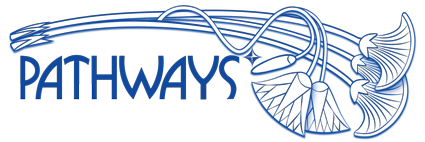Description
This is the first academic overview of Irish witchcraft. Based on a wide range of sources, it is a highly original and innovative study of beneficial and harmful magic, from the later medieval period up until the twentieth century. It examines the dynamics of witchcraft belief and accusation in the early modern period and offers new explanations for the lack of sustained witch-hunting in Ireland. It demonstrates that during the eighteenth-century sections of the educated elite backed away from witchcraft belief for largely ideological reasons, while the witch figure remained a strong part of popular culture. Witchcraft and Magic in Ireland also offers a new interpretation of the role of cunning-folk and popular magic in Irish society, along with a re-assessment of the attitudes of religious authorities, both Protestant and Catholic, to their activities. The way in which suspected witches and cunning-folk were treated by the Irish legal system, both befoer e and after the repeal of the 1856 Irish Withcraft Act in 1821 is also explored for the first time.
Andrew Sneddon is a Lecturer in History at Ulster University, UK. He is the author of two previous books and numerous articles on British and Irish history, including witchcraft and magic. He has held research fellowships and awards from Queen’s University, Belfast and the Wellcome Trust.


Reviews
There are no reviews yet.